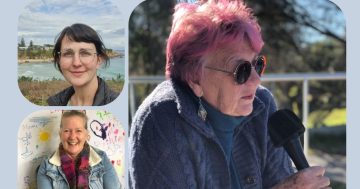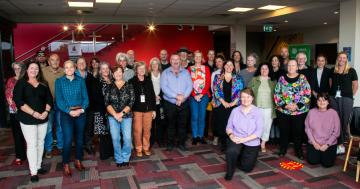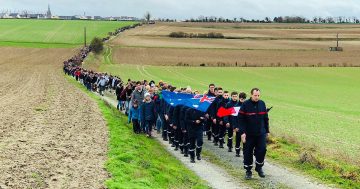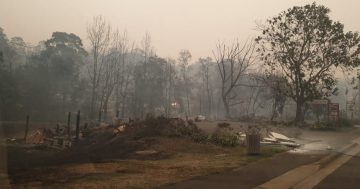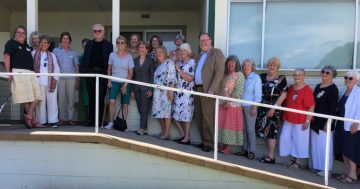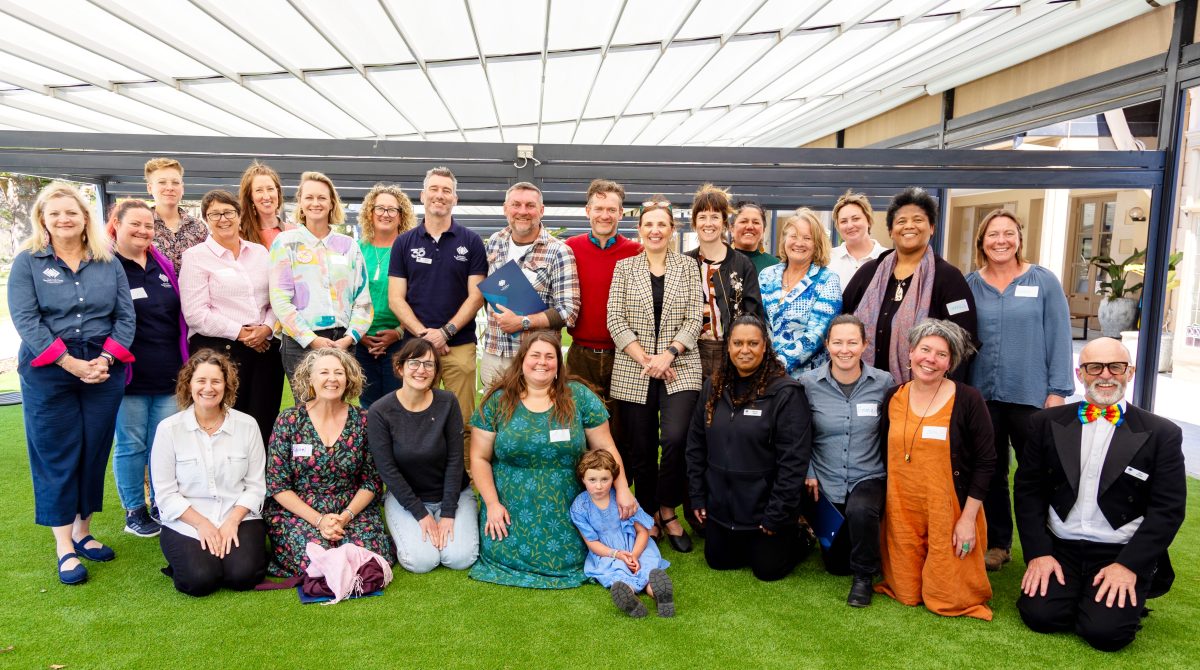
Graduates celebrate finishing the 2023 Regenerate Bega Valley program. Photo: Supplied.
Not-for-profits in the Bega Valley are now better placed and resourced to support their community in the wake of the recent bushfire disasters, thanks to new leadership networks.
The Black Summer bushfires in 2019/2020 led to fatigue and a depletion of the resources and volunteers available to not-for-profits (NFPs) supporting the ongoing recovery, the Australian Rural Leadership Foundation (ARLF) and the Foundation for Rural & Regional Renewal (FRRR) said.
But these organisations also say that two recent leadership development programs have begun to reverse that trend.
ARLF and FRRR recently partnered to deliver Regenerate Bega Valley and Regenerate Shoalhaven.
These leadership development programs equipped 41 participants with the tools, skills, resources and connections to effectively collaborate on many fronts, from supporting recovery to harnessing opportunities across the communities.
FRRR’s people programs portfolio lead Deb Samuels said the training was part of a long-term investment in strengthening community capacity.
“Regenerate Shoalhaven and Regenerate Bega Valley are part of FRRR’s Investing in Rural Community Futures (IRCF) program, which aims to build confidence, ability, skills and longer-term sustainability of the region’s NFPs, and was supported by the Australian Government’s Black Summer Bushfire Recovery grants program,” she said.
“It’s evident from both leadership cohorts that this is well on the way to being achieved.”
There were 19 not-for-profit employees and volunteers who graduated from the Bega Valley program.
“We are thrilled to see this boost in capacity, so they can continue their vital work in local communities,” Ms Samuels said.
The projects the Bega Valley group focused on were: Women to Thrive – governance and boards and committee training, a forum to discuss pressing energy and telecommunication needs to then build a bank of funding ideas, and a spaces and places project focused on homelessness.
One of the Bega Valley graduates was Penny Green of Tathra, who specialises in energy network resilience.
“I think it takes a lot of courage to recognise who you are as a person, but then what other people can bring to the table as well,” she said.
“And try and fill all those gaps and ensure that all voices are heard.
“I think that was one of my key things – understanding who I was as a person but then also understanding how to evaluate other people and what strengths they can bring.”







